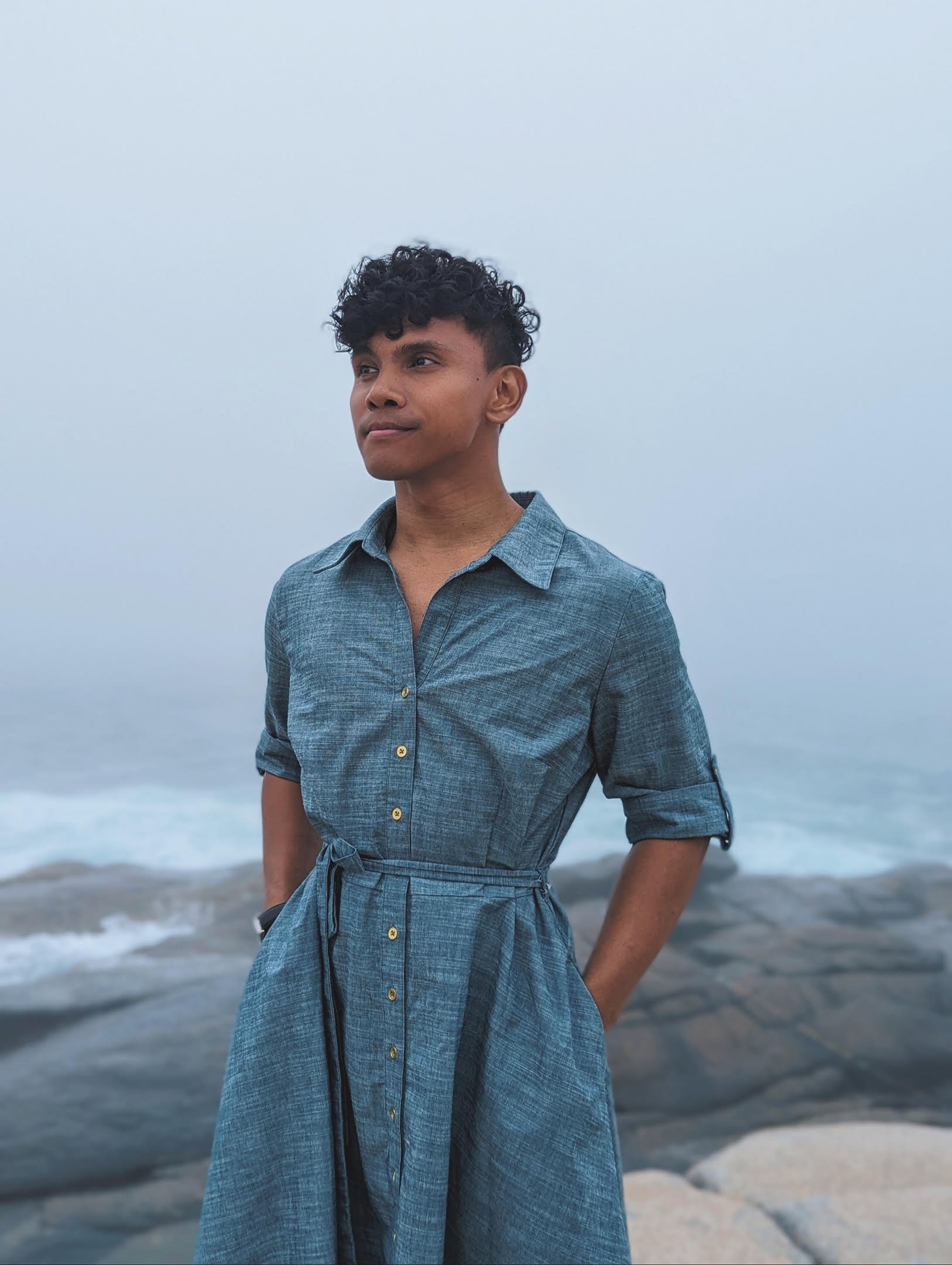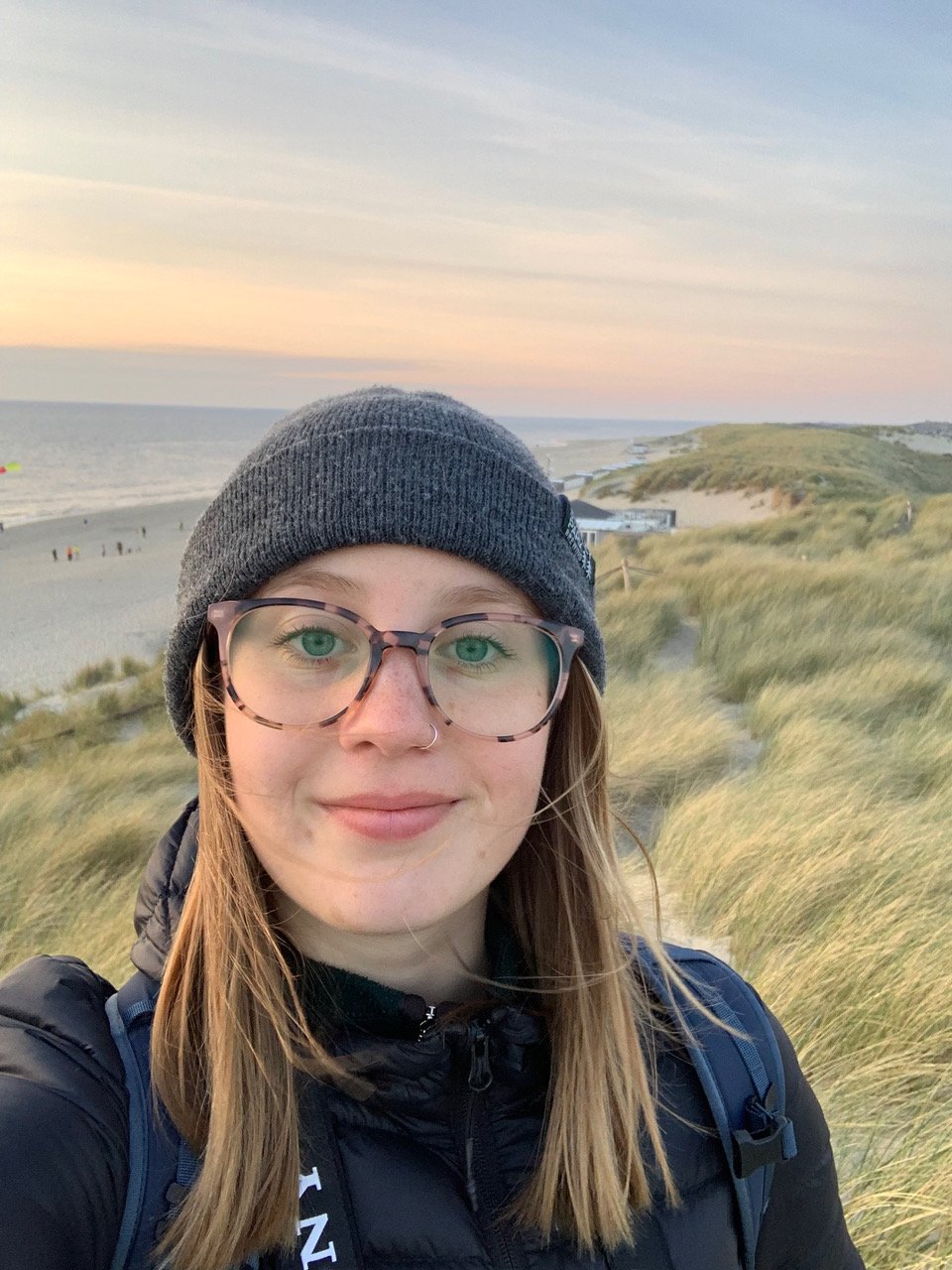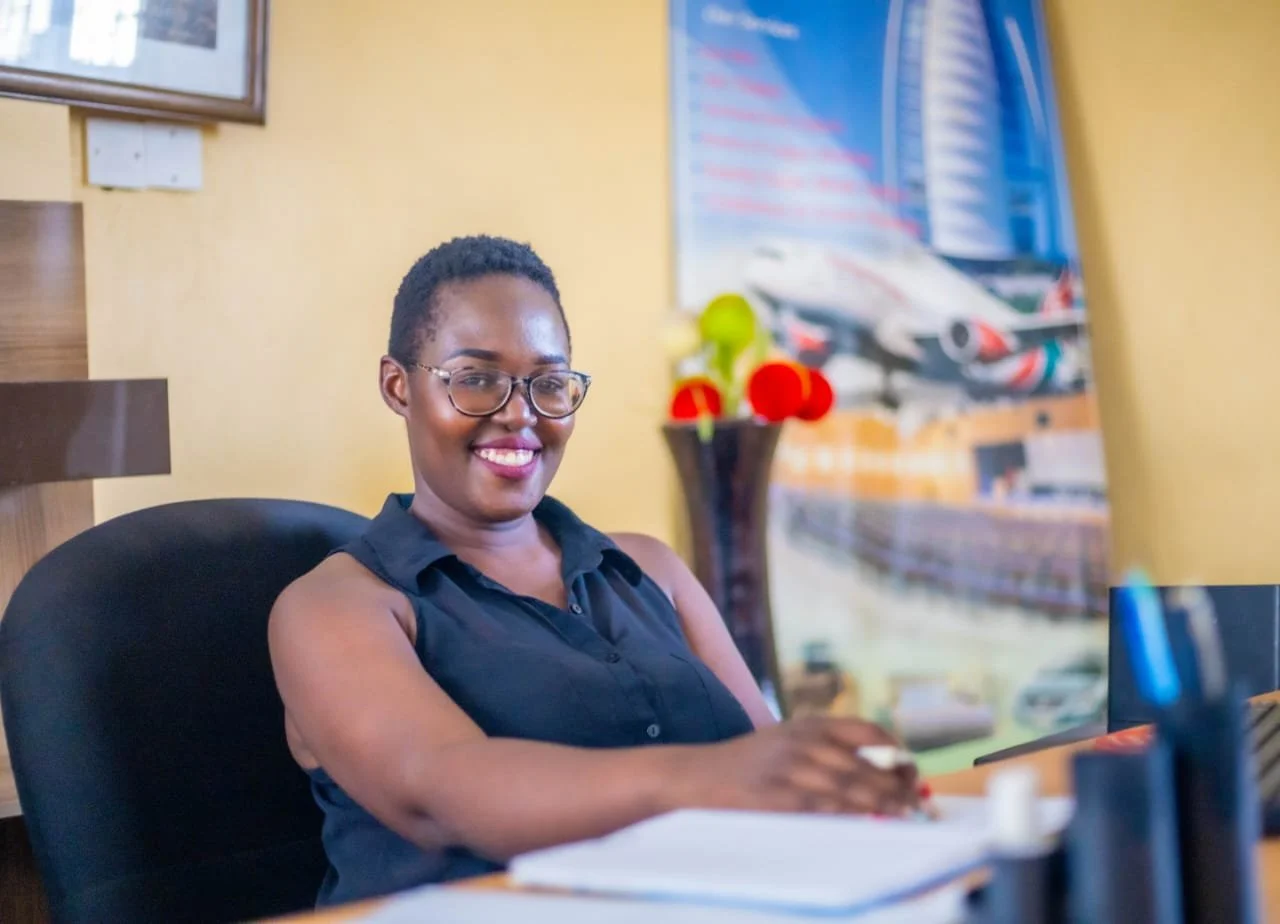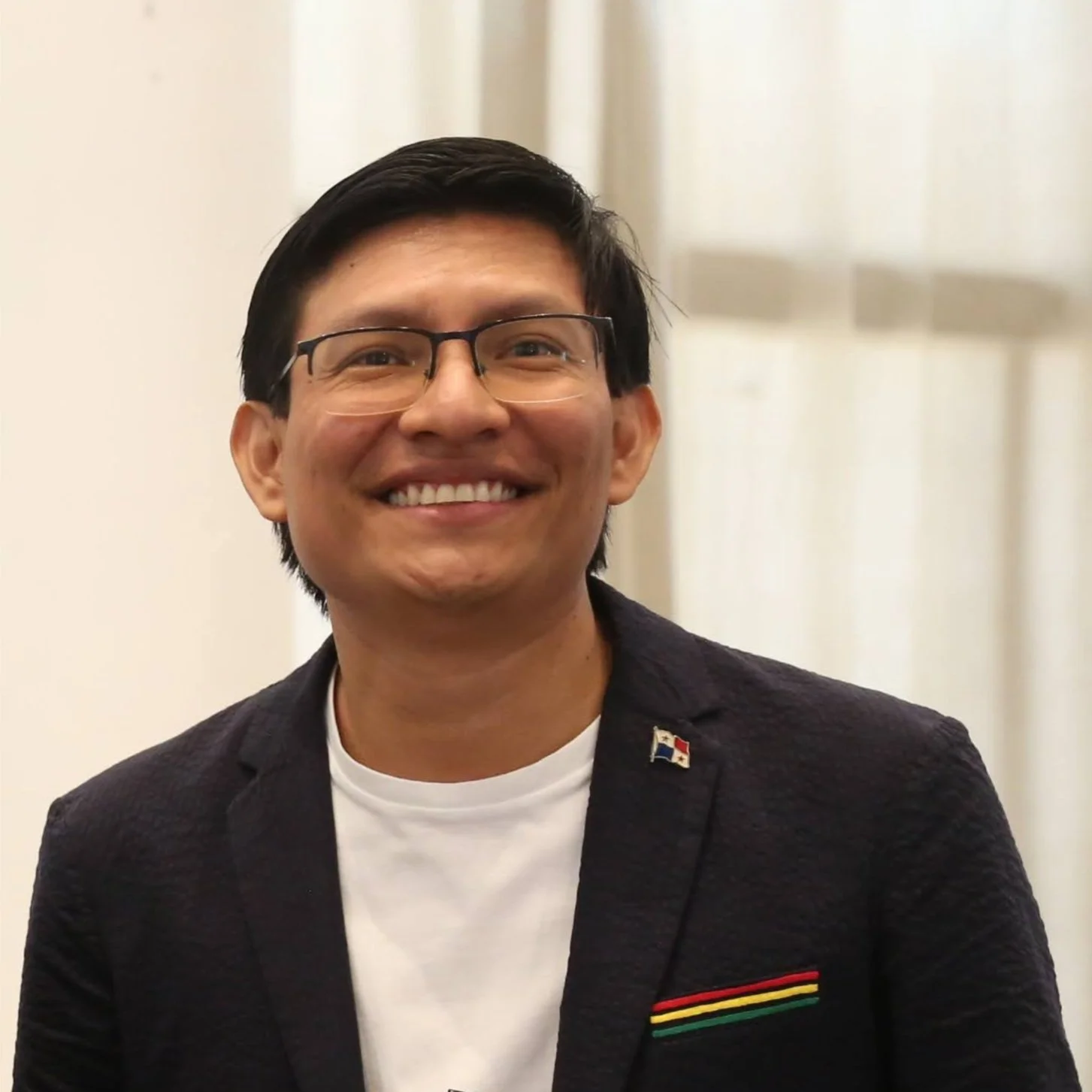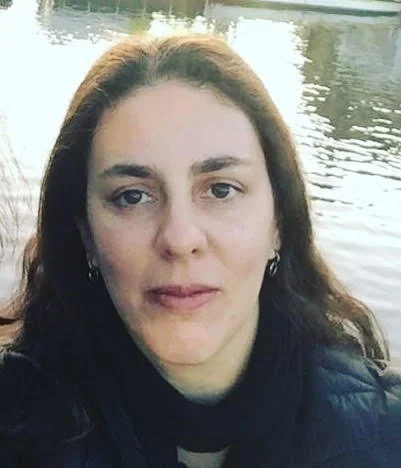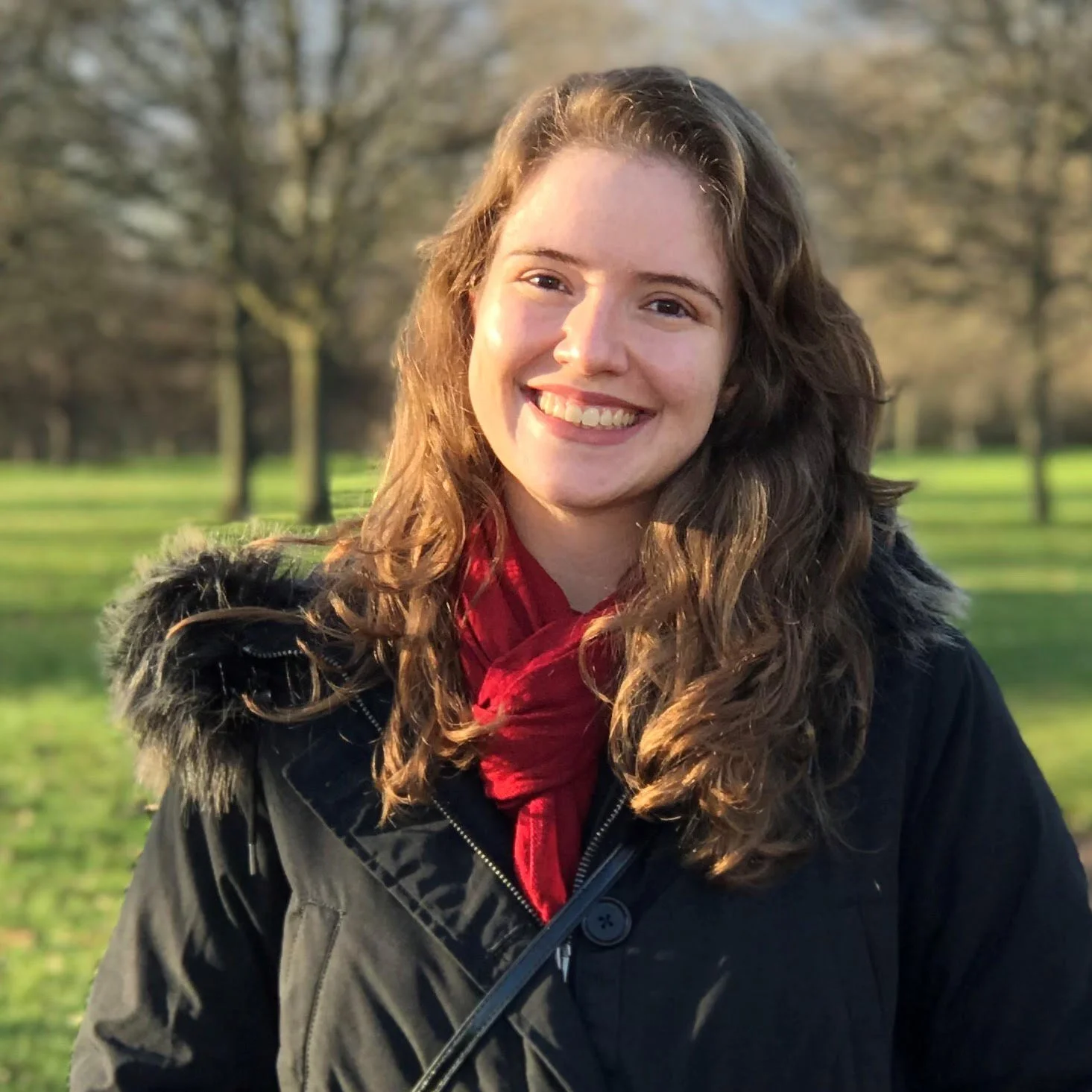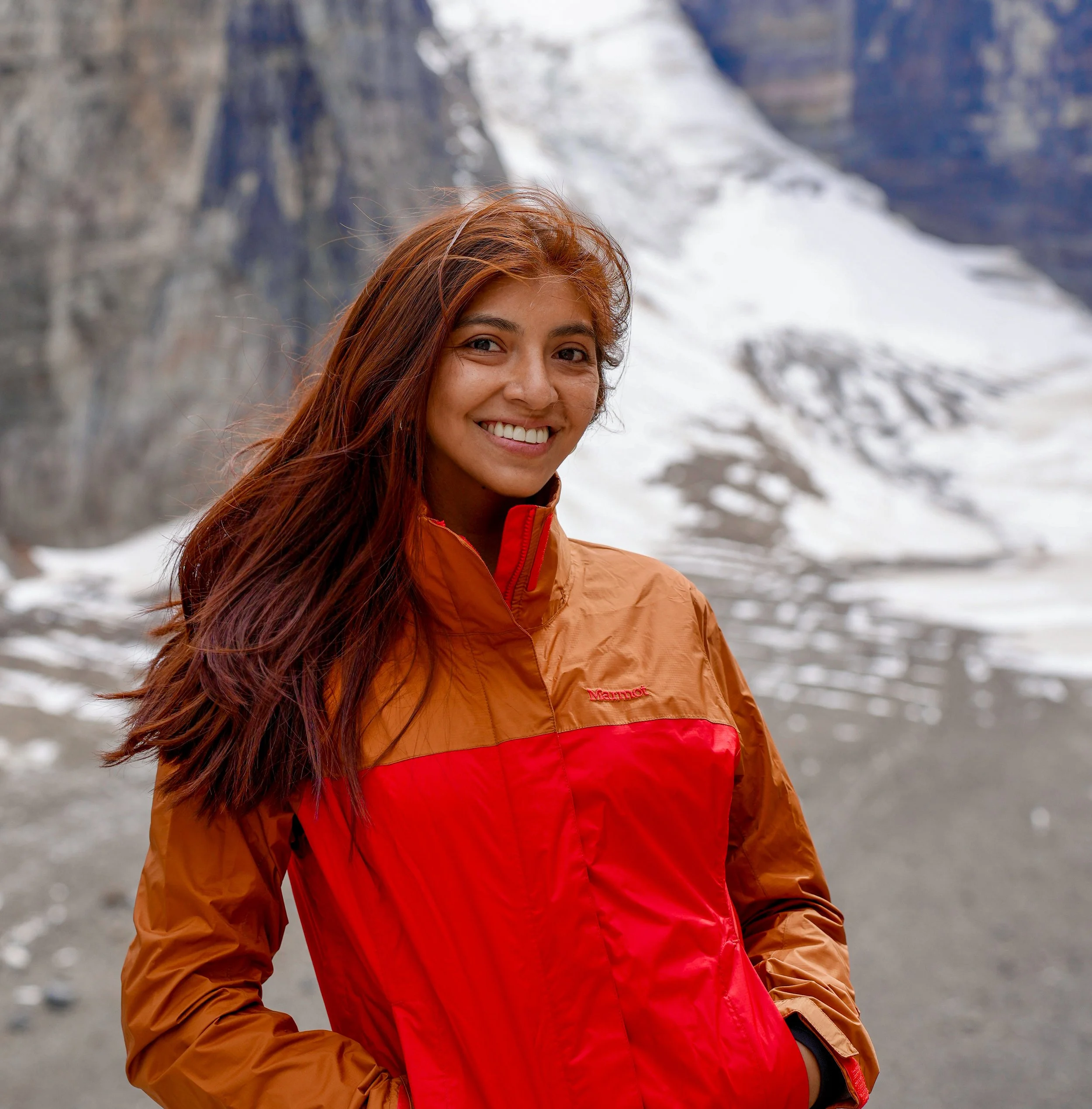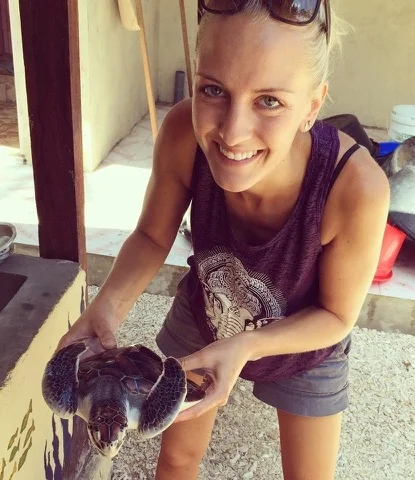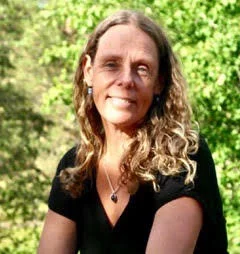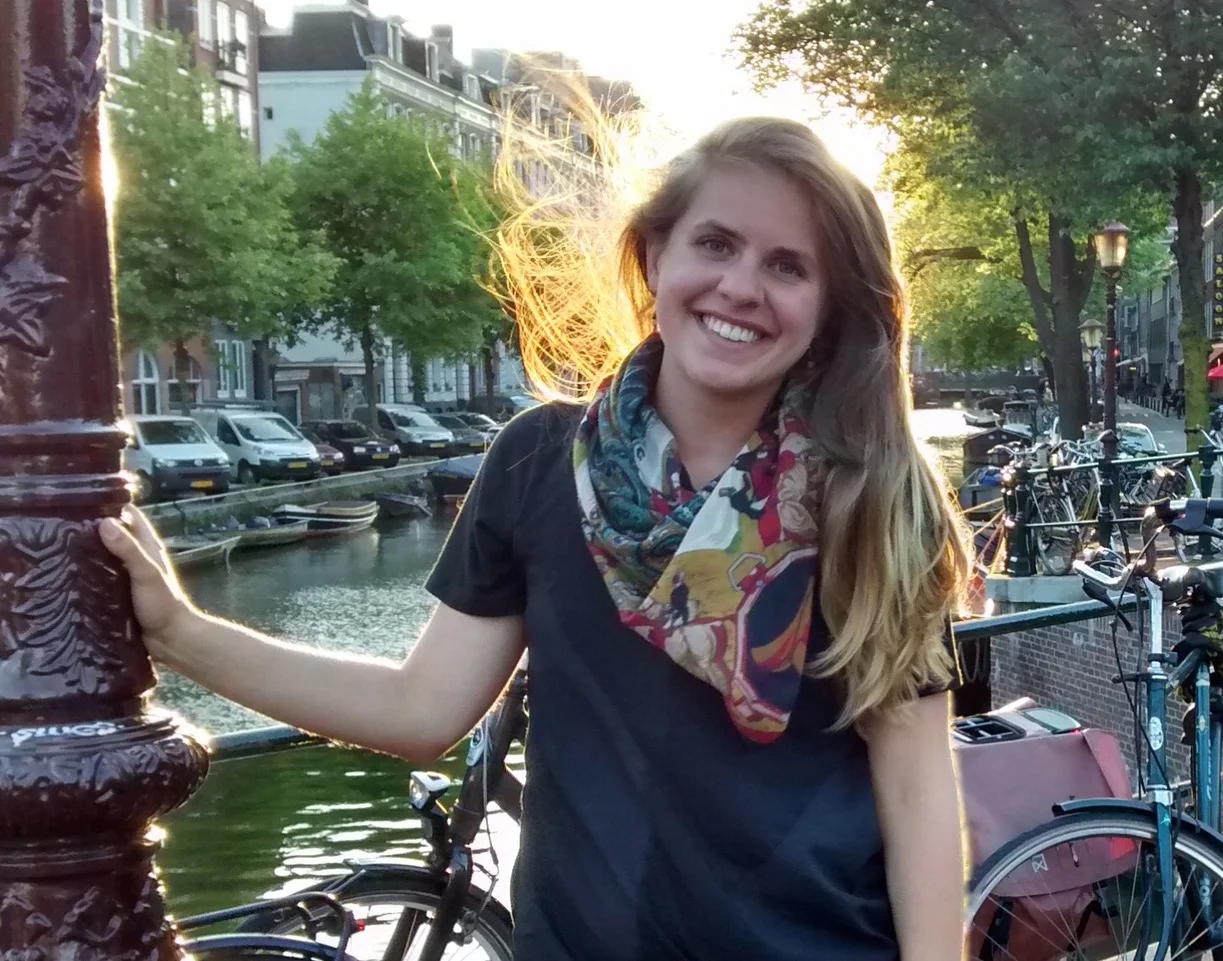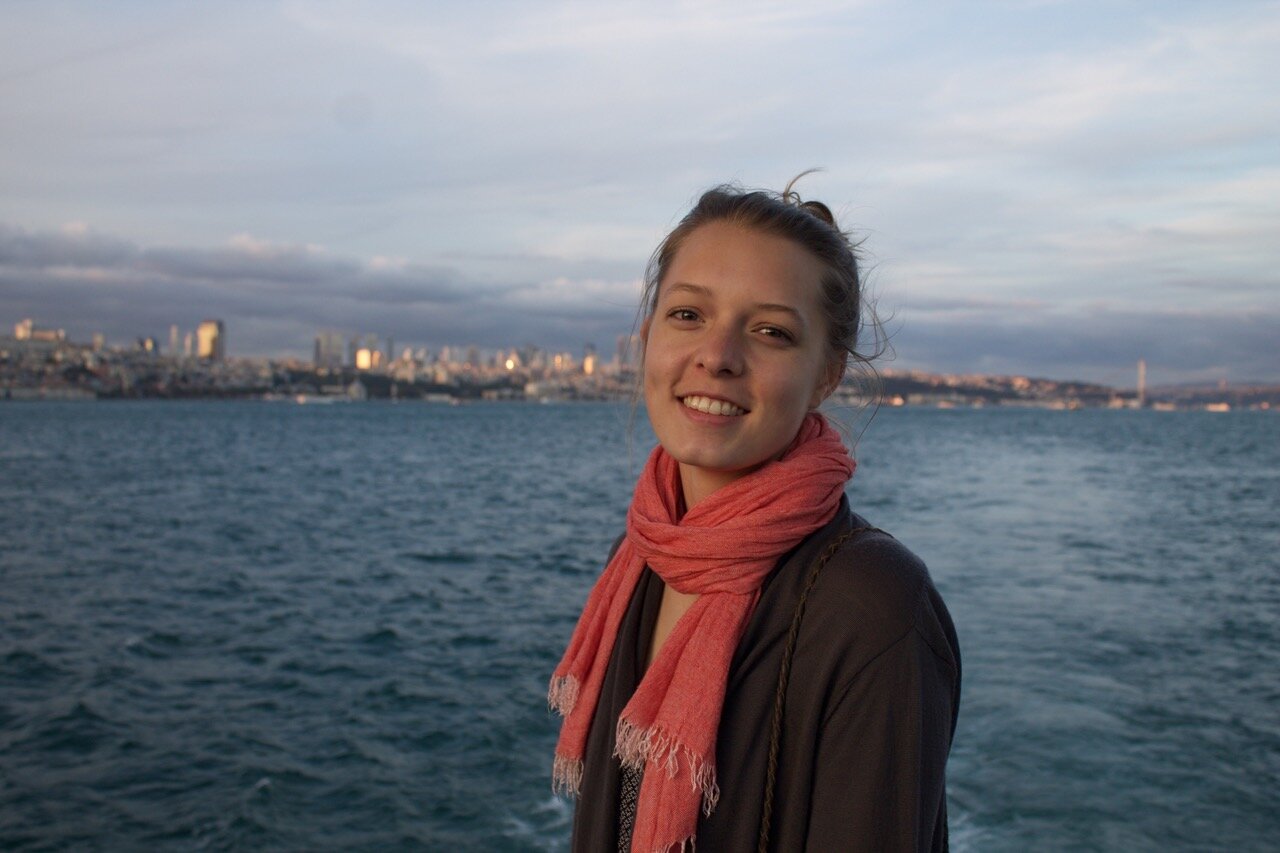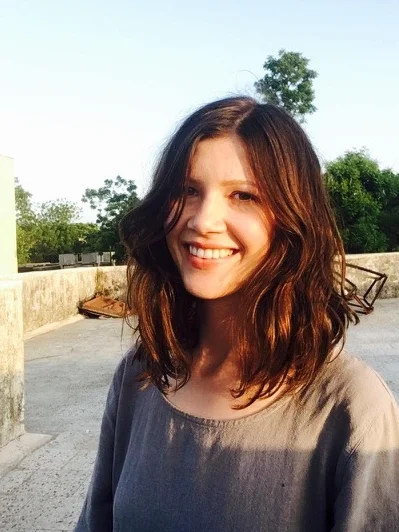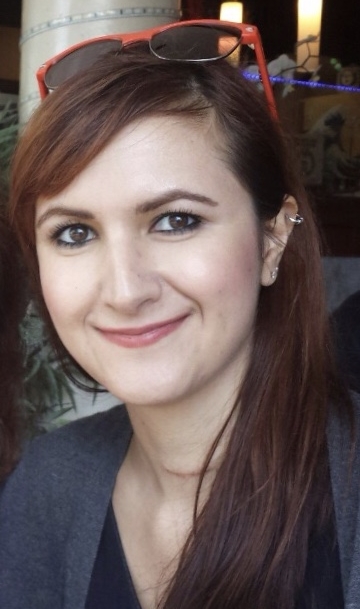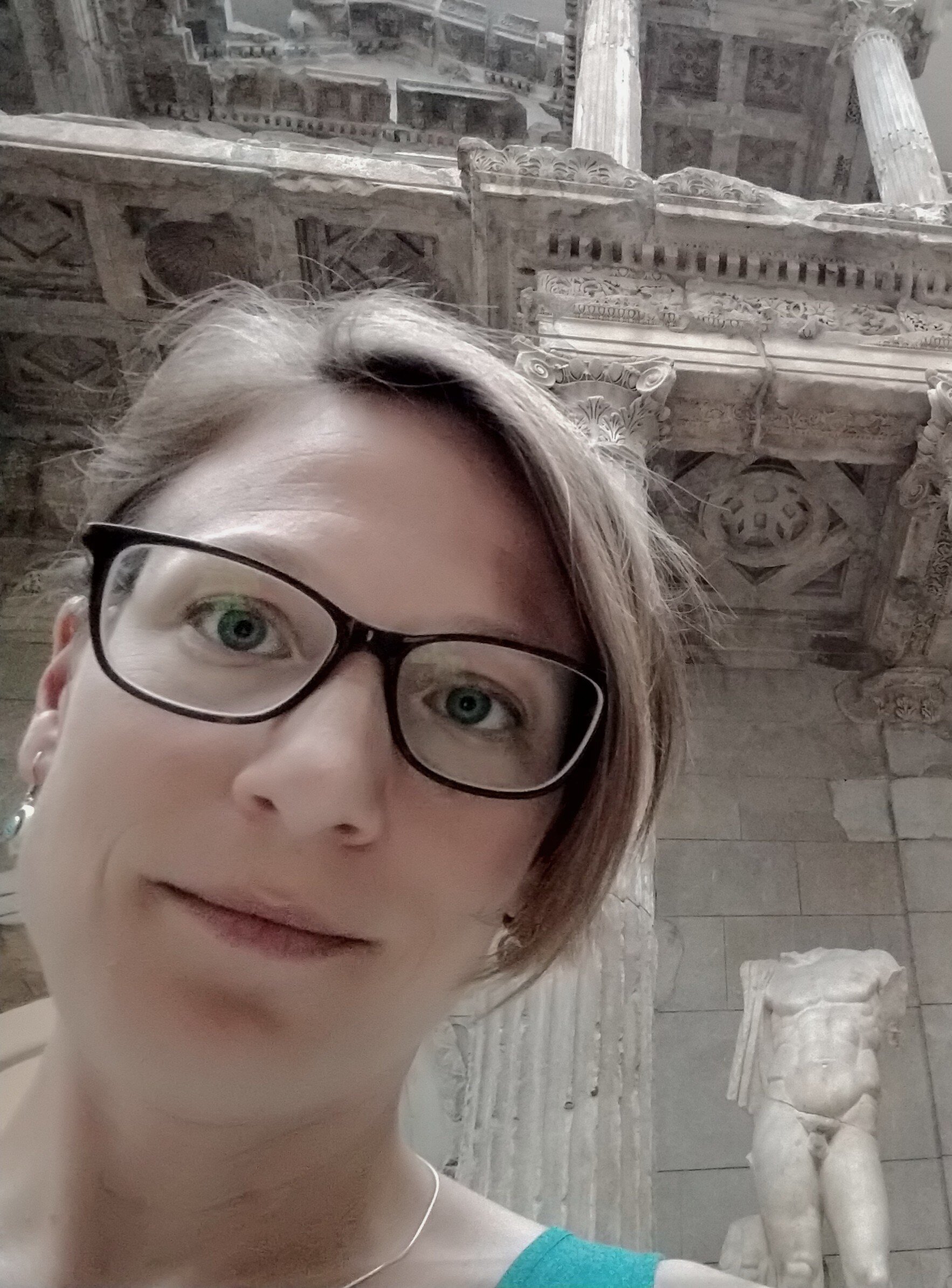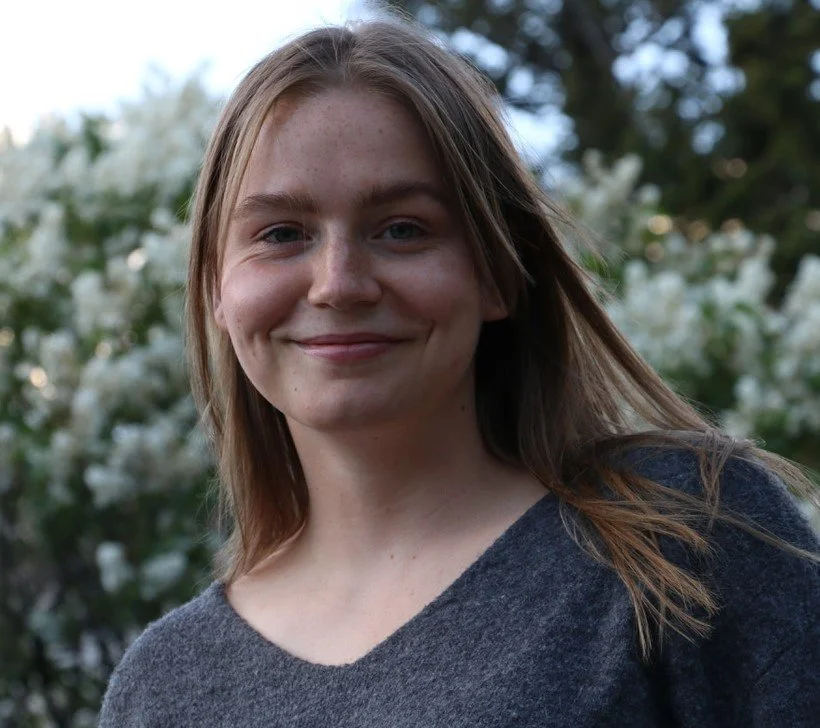OUR TEAM
Jutta Gutberlet
Jutta is a Professor in the Department of Geography, at the University of Victoria, and the director of the Community-based Research Laboratory (CBRL), created in 2006. She completed her undergraduate studies in Biology at the State University of São Paulo (UNESP) and her Ph.D. in Geography at the University of Tübingen, Germany. Jutta has worked for the United Nations (Food and Agriculture Organization in Rome and in Ecuador) and for a non-governmental research institute (CEDEC) in São Paulo. She has also worked for the University of Tübingen/Germany and the University of Newcastle/Australia.
Jutta’s current research interests are on sustainable livelihoods and community development with a specific focus on participation, co-management and poverty reduction strategies. She is involved in research on waste governance and participatory forms of resource management, particularly in the global South, and she teaches in the fields of Social and Development Geography. For more information, please visit her website.
MA & PhD STUDENTS
Maeva Gauthier
Maeva Gauthier is a PhD Candidate in Geography and Research Assistant for the UNESCO Chair in Community-based Research and Social Responsibility in Higher Education.
For her PhD, she is using Participatory Video as a tool to engage Arctic communities around global change, such as plastics in the environment and climate change and what it means for the youth in Tuktoyaktuk. She is passionate about ocean sciences, coastal communities, communications, and filmmaking. Originally from Quebec, she moved to Victoria to complete a MSc in Marine Ecology (Univ. of Victoria) after a BSc in biology (Univ. of Quebec in Montreal). Her interest for the poles started with expeditions to the Antarctic and the Arctic in 2009, and she has been going back to the Arctic multiple times ever since. She is also the co-founder of Live It, which provides K-12 online educational content about nature. For more information, visit Maeva's website.
Lusungu Kayani
Lusungu Kayani was born in Dar es Salaam, Tanzania and grew up in the U.S. She received a Master's in Urban Planning from New York University where she was a David Bohnett Fellow in Public Service. Prior to this, Lusungu studied International Affairs at Columbia University. As an urban planner and international development practitioner, Lusungu has experience working with city and local governments in Africa, Asia and Latin America. She served as an advisor with international organizations such as the United Nations Center for Human Settlements (UN-Habitat), Vital Strategies, UNICEF and most recently, with the United Nations Economic Commission for Africa. Her work focuses on the role cities play in ensuring an equitable and sustainable future for our planet, especially through the lens of health and well-being. In recent projects, she has worked to better understand how urban environments specifically support the health and development of children and adolescents.
Lusungu's research interests are focused on the role the informal sector plays in the circular economy, particularly how central the sector is to the development of long-term strategies and roadmaps in rapidly urbanizing cities in Africa. She wants to investigate the economic and ecological contributions of the informal sector and document their efforts through her work. She is also passionate about connecting the opportunities for improved health and well-being of youth through innovations in waste management.
James Roszel
James Roszel embarked on his journey with CBRL in September 2023, concurrent with his doctoral studies in Geography at the University of Victoria. His research focuses on mapping waste commodity value chains with a goal of understanding socio-cultural influences affecting recycling rates for various commodities. This endeavor builds upon CBRL's previous research with in São Paulo, Brazil, broadening engagement with waste pickers to scrap dealers. The project intricately explores the interconnections among economic dynamics, social behaviors, and environmental impacts within waste systems. James aims to glean insights that can steer the development of more sustainable and socially responsible waste management strategies. His collaboration with CBRL underscores his commitment to bridging academia and industry, bolstering capacity within the waste and recycling community to devise practical solutions for the challenges facing communities in São Paulo and beyond.
Hailing from Ontario, Canada, James has been deeply involved in recycling and sustainability initiatives since his youth, starting from collecting cans and newspapers at local recycling depots to engaging in high-level international trade governance discussions. Over the span of more than 20 years at RecycleNet Corporation, James participated in a diverse range of international endeavors aimed at advancing the trade of secondary commodities through collaborative partnerships. Equipped with a Master of Arts in Public Issues Anthropology (2023) from the University of Guelph, James brings a passion for social science-based research, community-based improvement, and international development, enriched by his extensive background in the recycling industry, to the CBRL.
Hazim Ismail (dia/they/them)
Born in Kuala Lumpur, raised in Dover and Skudai, Hazim Ismail completed their BA Anthropology at the University of Winnipeg, and MA Anthropology at the University of Toronto, with a Collaborative Masters Specialization in Contemporary East and Southeast Asian Studies. Their research explores underrepresented, invisibilized communities in post National Sword policy plastic waste governance in the Klang Valley, Malaysia region, particularly relations between formal plastic waste trade state, corporate entities, racialized valley residents and migrant labour. They are especially interested in how this translates to policy and advocacy work at the national level.
Hazim’s experience stems from 11 years of grassroots community work in the intersections of migrant labour rights and ecological stewardship. They have served on the boards of Sexuality Education Resource Centre Manitoba (SERC), Planned Parenthood Toronto, chairing the Bylaw and Policy Committee, and Maggie’s Toronto Sex Worker Action Project. They’ve served as project manager and community planner for Water Allies water stewardship research team, community asset mapping for the municipal government of Toronto (through which they authored The Community Playbook, a guidebook for community development in the Greater Toronto Area, the provincial government of Manitoba, Social Planning Toronto, and Ontario Council for Agencies Serving Immigrants (OCASI).
John Mba-Wuni Wuntah
Wuni graduated with a Bachelor of Arts in Geography from the University of Ghana in 2020. He is interested in food waste recovery and the circular economy processes. His interest in the circular economy started after his involvement with the Centre for Climate Change and Sustainability Studies, at the University of Ghana as a research assistant. Wuni’s desire is to critically explore how institutions of higher learning in developing countries, as model societies, can lead the quest for a circular economy at different levels and in varying contexts.
Bita Ebrahimi
We all deserve to live a decent life. I started to develop this concern, specifically with regard to the places we are inhabiting, as I have learned to observe more carefully. This is why I spent almost a decade studying and researching the cities as the places that encompass our lives and shape the quality of that.
Born in Isfahan, Iran, Bita curiously chose to gain her bachelor’s in Urban Planning from the Art University of Isfahan. Then, she pursued her MA in Urban Design at Art University, Tehran. Since 2016, she has been a member of the “Virtual Reality and Emerging Technologies Lab” at the Art University of Tehran.
After years of studying and working, I came to the belief that participatory approaches are the most advantageous in helping us to further the edges of our knowledge. In doing so, technology, specifically VR, has a lot to offer to our research in facilitating the ways of participation. Now, as a masters student in the Geography department at UVIC, delving deeper into the use of tech, I am utilizing the potential of VR to understand waste pickers’ daily life in their workplaces to increase awareness and contribute to the betterment of their lives.
Fabio Luiz Cardozo
Fabio, resident of the East Zone of São Paulo, Historian, Master's student in Sustainability at the University of São Paulo (USP). He brings extensive experiences in capacity building and technical advice for grassroots and community groups focused on cooperatives, solidarity economy and entrepreneurship with priority for waste pickers. He has worked in public bodies with the implementation of Municipal Selective Collection programs (City Halls of São Paulo, Maua, Taboão da Serra and Itapeva), with private companies (Braskem, FESP/SEBRAE), with NGOs (Unisol Brasil, Instituto GEA, Instituto ECOAR, I&T, GAIA, Coopcent-ABC) and in research projects (CIDA funded Projeto Brasil Canada (FEUSP/Agencia CIDA). He is currently a researcher at FIPE (Fundação Instituto de Pesquisas Econômicas) in São Paulo, modeling the socio-technical project for the Consortia funded by Caixa Econômica Federal -CEF, in the Mogiana region of SP and Oeste Mineiro-CIAS. He has worked together with PUC / SP university on a project with the homeless population and autonomous waste pickers in the central region of SP. He is a member of the Cooperativa Mãos Verdes of technicians and educators and a co-director of consulting firm LC-Consultoria Socioambiental. Fabio is currently developing his MA thesis at the University of Sao Paulo. He is developing a study of post-consumer plastic packaging that is not recyclable with several waste picker cooperatives in the Metropolitan Region of São Paulo.
Joseph Minor
Joseph Minor, a master's student in our Community-based Research Lab, is passionate about food waste and will be exploring the community dimensions of waste reduction strategies using a community based research approach. This includes exploring the ways in which community groups actively participate in waste reduction and diversion techniques like separating recyclable materials or recovering food waste. Public and private institutions have the great opportunity to promote a localized circular economy by creating avenues and markets for the valuable materials in the waste stream. Further, using community based research highlights the ways in which we as academics can break down the 'ivory tower' and make the knowledge production processes more accessible. Joe comes from Connecticut, US where he got his bachelor degree in German and Geography while working to recover and redistribute food from university dining services to local communities in need. Green, local initiatives are key to creating a sustainable, more connected community!
Danae Zachari
Danae is working towards her MA in Human Geography, and has a strong interest in critical and de-colonial approaches to research and community engagement, with a focus on health equity and environmental justice. Danae is especially interested in critical pedagogy, co-production of knowledge and Participatory Action Research approaches.
For her graduate research, she is working with the Koforidua Zongo community in Ghana to explore factors that foster sustainable livelihoods and enable individuals and the community to thrive. The study aims to capture the material, cultural and relational aspects that provide social cohesion and promote health and wellbeing. Danae plans to engage participants through the use of semi-structured conversations and photo-narratives, to learn from their lived experiences and perspectives on what promotes quality of life.
Sam Rae Harriss
Sam is nearing the end of her undergraduate degree double majoring in Human Geography and Political Science, and is currently completing her honors thesis under the supervision of Jutta Gutberlet. Her studies, personal travels, and specific interests in sustainability, power relations, workers’ rights, and planning have inspired her honors research, studying community-based waste management solutions in Turkey. Within her research Sam aims to focus on issues of labor rights, circular economy, and participatory governance and planning in order to explore solutions. Sam is looking forward to continuing to learn about the multifaceted and complex issue of waste management and excited about contributing to the research being done in the Community-Based Research Laboratory.
Lili Munn
Lili (she/her) is going into the final year of her undergrad at UVic in Geography with a minor in Indigenous Studies. She grew up and lives on unceded lands and water of the lək̓ʷəŋən and WSÁNEĆ peoples. Lili is interested in how community-based research practices can make tangible concepts like intersectional sustainability and circular economies. In September, she will begin her honors project working with the Diverters Foundation in Victoria on strategies that can be used to empower local waste pickers and diverters in the DF in a way that benefits their work and reduces the social and economic barriers faced by this community. She is excited to be developing this research in partnership with the DF and for the opportunity to conduct research with this organization.
